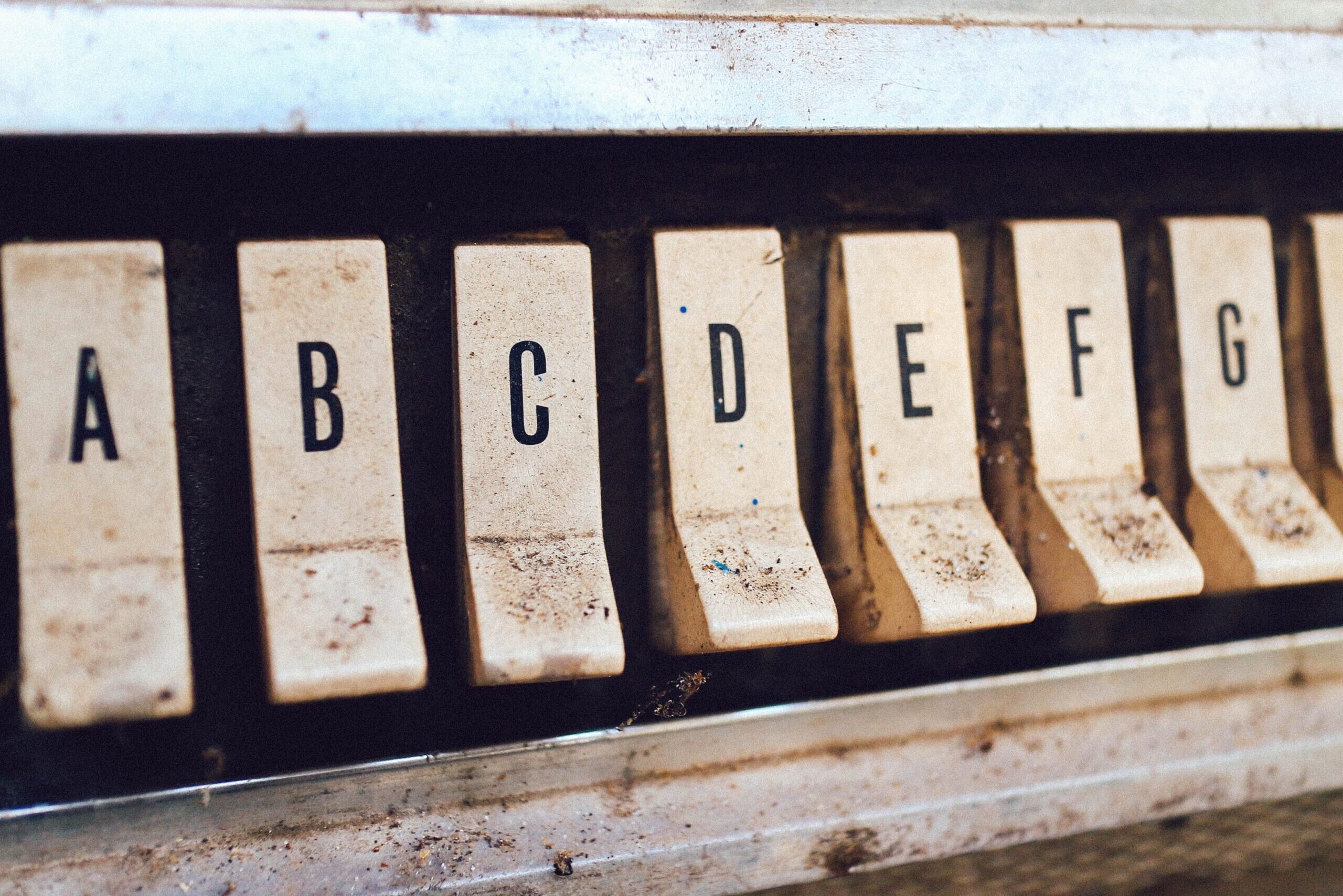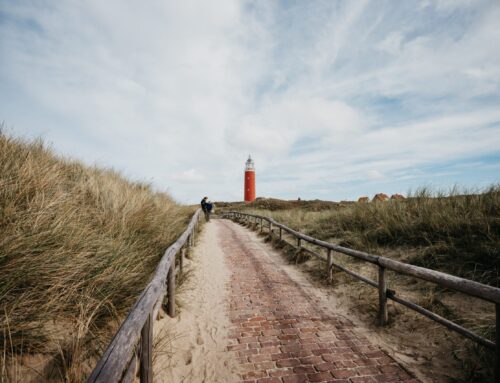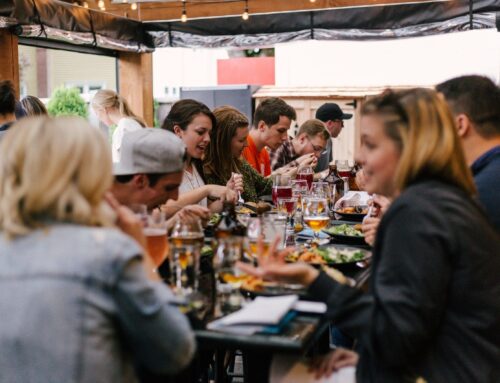German speakers tend to think understanding Dutch is a mere formality. Although the two languages are similar, Dutch is not as easy to understand as you might think initially. But no worries, some extra knowledge can help you understand at least part of (written) Dutch pretty fast.
Search for similar vowels
First of all, you need to know how written vowels are pronounced and where they resemble German vowels. For example, as soon as you know that “ij” is similarly pronounced like the German “ei“, you will quickly be able to figure out what “ijs” (“Ice”) means. Another character to keep in mind is the consonant “z”, which in Dutch is pronounced similar to the German “s”. Combining both cases in the word “zijn“, it should be pretty easy to figure out what the word means (“to be”). Furthermore, the Dutch “ou” is pronounced “au“. With this knowledge, you should easily figure out the meaning for the word “vrouw” (“woman”). Another tricky vowel is the Dutch “oe” which is pronounced similar to the German “u” (or more like the “oo” in “choose”).
Let’s summarise this:
- ij = ei
- z = s
- ou = au
- oe = u
Tackle the pronunciation
If you start learning Dutch, the vowels are probably the most tricky part to pronounce. The most difficult Dutch vowels are “ui“, which in itself means “onion” and “eu” which sounds similar to the Germa “ö”. This last one is pretty important because you find “eu” in the word “leuk” which the Dutchies use quite frequently when describing something as nice, fun etc. Not pronouncing these vowels correctly will uncover your fake Dutchness within seconds. So, if you start learning Dutch, you might want a Dutchie to help you tackle these vowels.
Be aware of false friends
If you start speaking Dutch, you’ll notice that you can “Dutchify” a lot of German words. Try to make the German word sound Dutch, and in many cases, your Dutch opposite will understand. Even though they’ll sometime think you speak some old Dutch. However, there are some false friends which could make for some quizzical looks. Let’s start with the one of which I needed to bite my tong quite sometimes. If you like someone in German, you can say “Ich komme gut mit ihm/ihr klar”. Don’t Dutchify this one! Except the both of you are involved in some sexual activity (in Dutch it means “to ejaculate”). Another common one is the sea-lake confusion. In German, a lake is “Ein See” whereas the sea is called “Das Meer”. Dutch follows the English with the sea called “de zee”. However, and that’s where the confusion begins, a lake in Dutch is called “het meer”. Also be aware of the interrogatives. The German “wie” doesn’t have the same meaning as the Dutch “wie” (=”wer”). “Was”, in German “what”, can be either the past tense of the verb “zijn” (you should know that one by now) or means “laundry”. Last but not least, the most tricky one: the conjunction “als” (“as”, “than”, “when” or “while”). Since I am still doing this wrong from time to time I let you figure this one out yourself.
Use the diminutive whenever you can
The Dutchies love to make things smaller with merely adding the ending “je“. Ice cream becomes “ijsje” (little ice cream), and even the biggest things can be little f.e. if you are sitting “in het zonnetje” on a sunny day in spring.
Last but not least, the languages German and Dutch are similar. Use a dictionary like uitmunted.de or an app to translate the words you read in the supermarket, on the street, in the train etc. and you will pretty soon get a feeling for the “Dutchified” German words.




